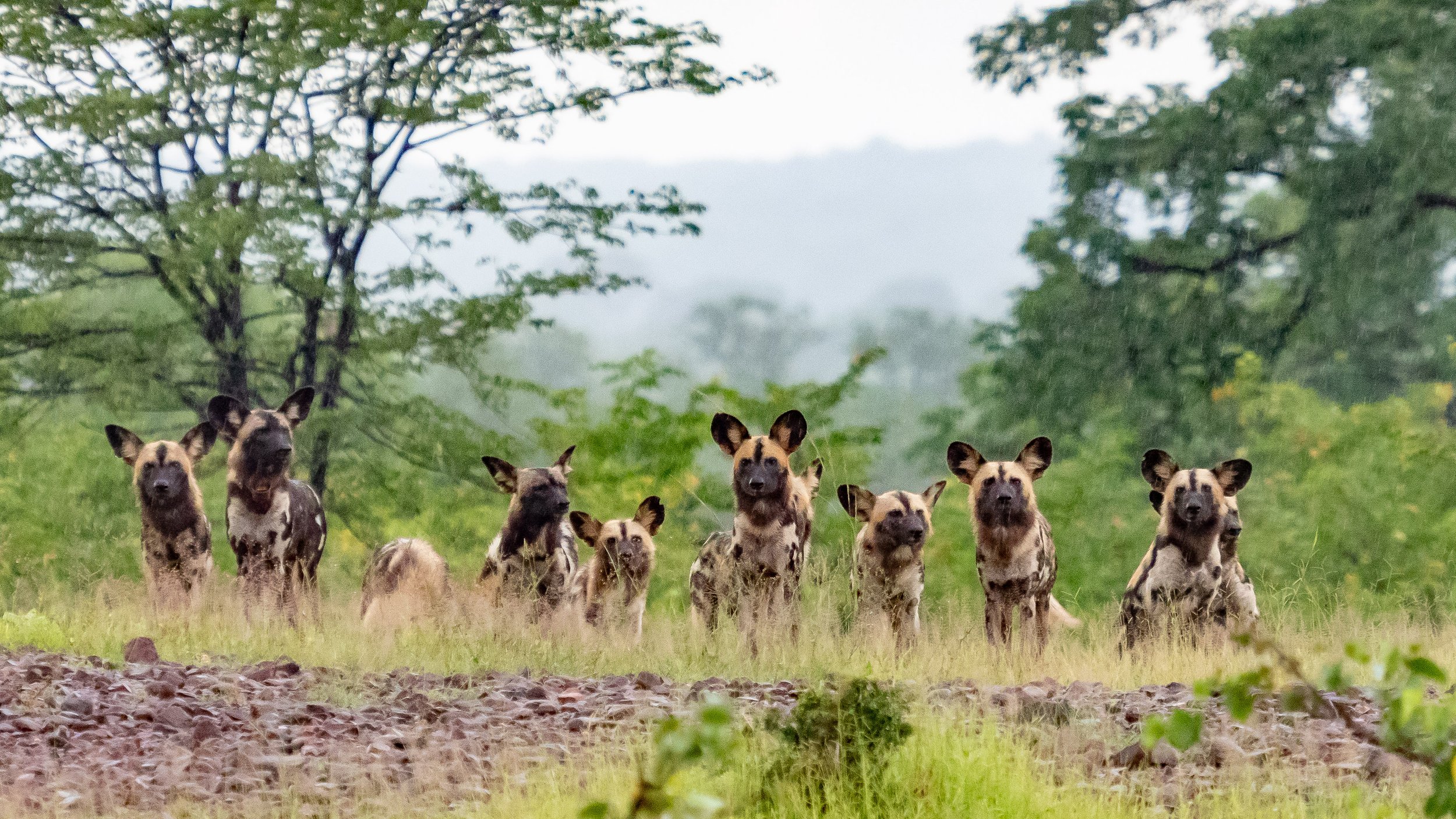ZAMBIAN SNARE REMOVAL AND COEXISTENCE
Organization: Dazzle Africa
Location: Mfuwe, Zambia
Funding Request: $15,000
Dazzle Africa, in partnership with Conservation South Luangwa, is working to protect Zambia’s wildlife by removing deadly snares and supporting communities to coexist peacefully with wildlife through education and conflict mitigation programs. The project tackles poaching, human-wildlife conflict, and biodiversity loss while promoting community engagement and climate resilience.
The Issue:
The South Luangwa region of Zambia is experiencing serious conservation threats, including poaching by wire snares, human-wildlife conflict exacerbated by drought, and disease transmission from domestic animals to endangered species. Wire snares, often set for bushmeat, are indiscriminate and have killed elephants, lions, leopards, and African wild dogs—keystone species critical to the ecosystem. At the same time, local communities who rely on agriculture and travel long distances for resources often come into conflict with wildlife, leading to economic loss and safety concerns that undermine conservation participation. With tourism as a key economic driver in the region, biodiversity loss and declining community-wildlife coexistence threaten both local livelihoods and the ecological integrity that sustains the area.
Grant Award Use:
The ATCF grant will directly fund three key strategies: snare removal through Community Clean Sweeps, employment of community field officers to engage residents and collect conflict data, and a chili patroller program that uses natural deterrents to prevent elephants from raiding crops. This integrated approach supports local livelihoods, reduces poaching, and empowers communities to actively protect the wildlife and ecosystems upon which tourism and long-term resilience depend.
What Would a Successful Project Result In?
Success will mean the removal of hundreds of snares, reduced wildlife mortality, protection of farmland for thousands of farmers, and the empowerment of local leaders and communities to steward their natural resources, ensuring a sustainable future for both people and wildlife in the Luangwa Valley.



